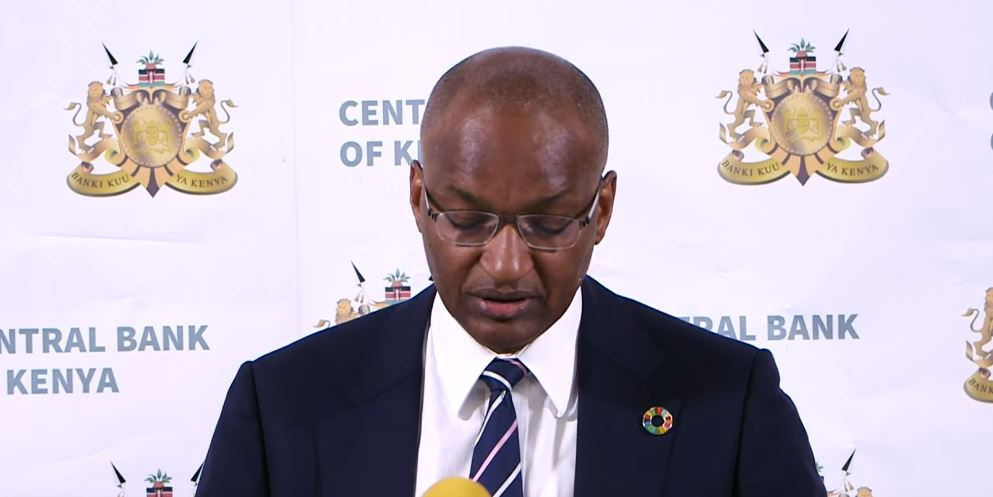×
The Standard e-Paper
Kenya’s Boldest Voice

Some of the Kenyan shilling’s recent weakening was caused by market misunderstanding of the central bank’s plan to boost its reserved by buying dollars from the market, and some “malicious actors”, the central bank governor said on Tuesday.
The shilling is hovering close to its record low of 106.70 per dollar, mainly due to the strengthening of the dollar and concerns about the impact of the coronavirus on Kenya’s export earnings.







